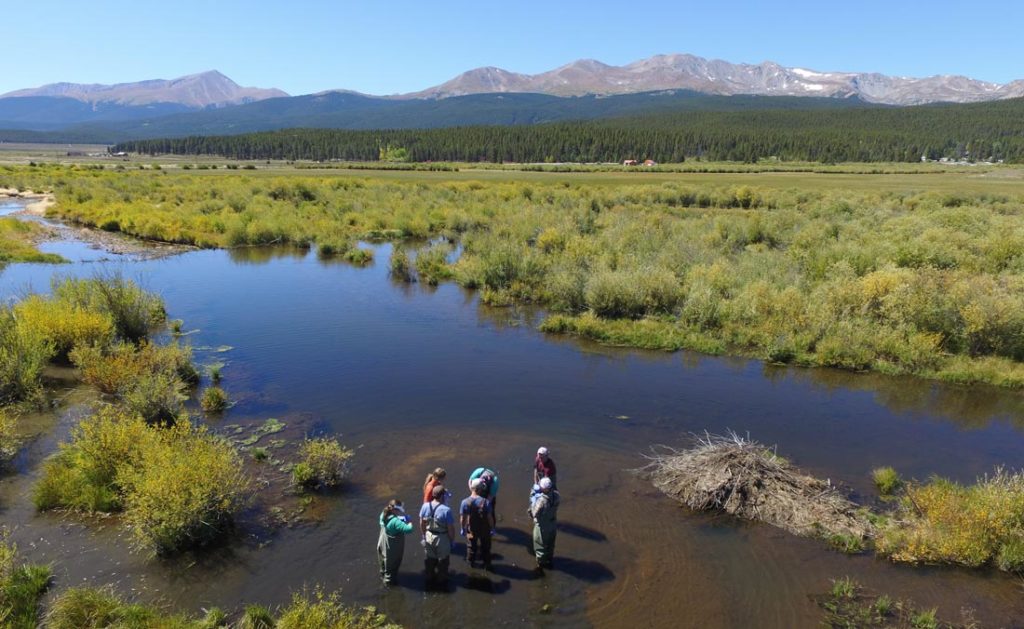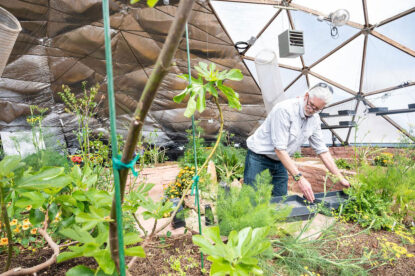Ecosystem Science & Stewardship Emphasis (AS)

Ecosystem Science & Stewardship at CMC
Tackle global challenges with science and stewardship
Our natural resources and beloved mountain ecosystems need your help. Learn how to conserve, restore, and sustainably manage ecosystems in our unmatched campus locations, surrounded by some of the country’s most iconic protected lands.
Learning throughout the program is active, engaging, and both independent and highly collaborative, incorporating field and laboratory training, remote sensing, statistics, modeling, and GIS.
The Bachelor of Science in Ecosystem Science & Stewardship gives you hands-on experience with expert faculty as you train in the science and practice of mountain ecosystem stewardship. This degree prepares you for in-demand careers such as ecologists, foresters, watershed scientists, restoration ecologists, and much more.
Join us in our western mountains, waters, and forests, and experience firsthand the trade-offs between biodiversity conservation and human well-being in one of our regions’ most ecologically important and fastest-growing wildland-urban interfaces. This program will require you to integrate multiple scales of scientific inquiry, identify and engage diverse stakeholders, and translate scientific knowledge into action.
VALUABLE INTERNSHIP & CAREER OPPORTUNITIES
Although an internship is not required for graduation, the experience can set you apart and lead directly to employment. The Ecosystem Science & Stewardship degree was co-designed by partner organizations seeking to engage and hire students. Several CMC graduates have obtained employment with organizations for which they served as interns.
In particular, the Rocky Mountain Land Management Internship allows students to work part-time with the U.S. Forest Service while earning a degree. Examples of careers that can be pursued by graduates of this program include:
- Natural Resource Specialist
- Wildlife Biologist or Botanist
- Conservation Biologist
- Natural Resource Specialist
- Wildlife Biologist or Botanist
- Conservation Biologist
Request Program Information
Related Degrees
Program News
Bear Park Permaculture Center
Visit our gardens and center for permaculture and sustainable thinking, design, and practice.



